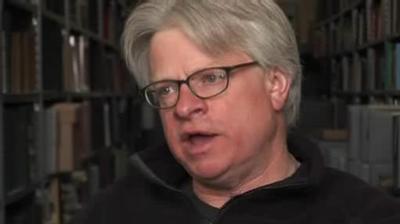
Here Prelinger underlines how innovative technology opens up new visions of the possible, but stresses that their ultimate effect is contingent on other factors. Many media platforms simply die and are not heard from again. Regarding copyright, Rick describes its emergence from an esoteric subject to a consumer issue, but emphasizes that from the point of view of cultural production, access to original materials will go on being more important than copyright issues in most cases. In closing he calls for a dialogue between users and producers of culture, to establish a new compact.

Individuals have a stake in the fight for control over the information environment that goes beyond the lust for free entertainment. Here, Benkler discusses the growth of user autonomy, the possibility to be makers of our culture rather than remain merely passive recipients, as was the norm in the industrial system of information production. Those who formerly had control resist these changes for different reasons, be they the media industry through DRM, or teachers warning their pupils away from wikipedia.
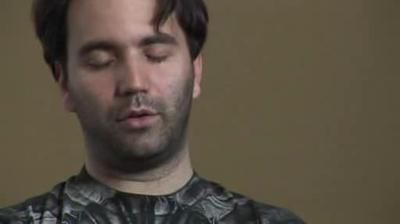
Cohen discusses technological trends and how changes in the cost of production and distribution are playing out in the areas of music, film and computer gaming. He analyzes how the respective business models of those industries leave them with different possibilities to adapt to the new environment.
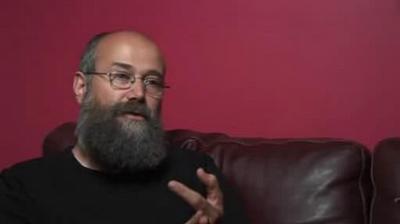
Does the end of exclusive control over copies spell the death of cultural production? Yochai Benkler thinks not. While the music industry makes money off CDs, musicians supports themselves with performances. He points out that the film studios, on the other hand, take a large part of their revenues from performance and less from media commodities. He outlines how the changing cost structures in film and music production are enabling new stratums of society to create.
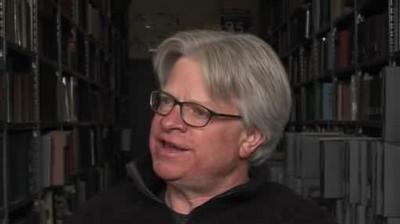
Rick Prelinger is the creator and curator of the biggest moving image archive on the internet offering material that can be reused for commercial purposes. Here he explains why he put the films, which he also sells as stock footage, online and what the results have been. He talks of his offline library without computers, and how that relates to the value of serendipity in the time of rthe query driven information environment.
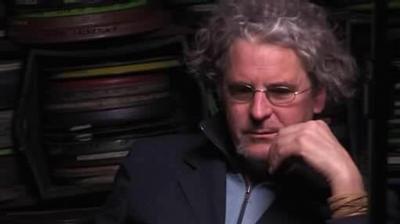
Craig Baldwin is an appropriationist filmmaker and operator of 'The Other Cinema' in San Francisco's Mission district. His film Sonic Outlaws was the first feature documentary that directly addressed the emerging conflict over copyright in the early 1990s. Here he introduces the logic behind his appropriationist approach, aesthetic, economic and semiotic. His approach challenges proprietary views of cultural objects and he considers the risks in his practice.

Piracy is a term used to stigmatize but Liang contextualizes the term as an instance in the long history of 'commoning', where people organze themselves outside of hierarchy and property. He identifies the real threat to industry in the chance they may lose control of production as well as reproduction, as users become aware of their own potential. Finally, he underlines how in previous areas prohibited works were surpressed and destroyed, but argues that nowadays these works can survive in private digital so the past of loss and erosion need not repeat itself.